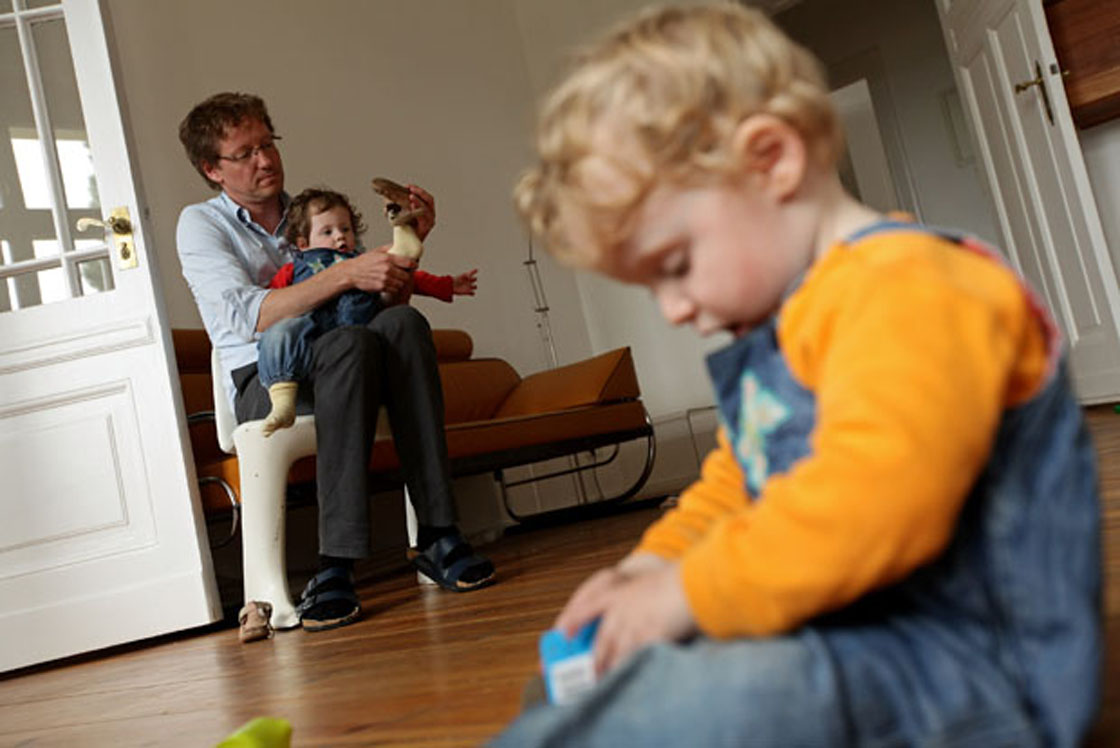TORONTO – How do you discipline your kids when they misbehave? A new study suggests spanking doesn’t work, especially if you’re turning to corporal punishment in anger, immediately and for small mistakes.

The spanking debate in parenting circles is a heated one: To some parents it’s a part of raising their kids – to others, it’s taboo and archaic. Under the Criminal Code, corporal punishment is fair game as long as it’s “reasonable under the circumstances.”
But a U.S. scientist says spanking is more common than parents admit – it’s used for trivial misdeeds, it’s immediate and used repeatedly.
Dr. George Holden’s latest research – he’s been studying spanking for years – had 33 families voluntarily wear recording devices from four days up to a week. The families were mostly moms who were home with their kids after a day at work.
READ MORE: Could personality in childhood predict how teens will respond to drinking?
Over the course of about six evenings, corporal punishment was used about 41 times and mainly during everyday activities, such as dinner time or while parents bathed their kids.
But it’s how the discipline was doled out that troubled Holden. For starters, the parents took to hitting their kids just 30 seconds after the conflict began. They were often angry at the time. And while spanking advocates suggest that you should hit your kids only twice, these parents weren’t abiding by that advice. One mother hit her child 11 times in a row, Holden’s study documented.
- Life in the forest: How Stanley Park’s longest resident survived a changing landscape
- ‘They knew’: Victims of sexual abuse by Ontario youth leader sue Anglican Church
- Roll Up To Win? Tim Hortons says $55K boat win email was ‘human error’
- Carbon rebate labelling in bank deposits fuelling confusion, minister says
“From the audio, we heard parents hitting their children for the most extraordinarily mundane offenses, typically violations of social conventions,” Holden said.
And it was never as a last resort. “The recordings show that most parents responded either impulsively or emotionally, rather than being intentional with their discipline,” Holden said.
READ MORE: Canadian study links secondhand smoke to childhood aggression
Dr. Shimi Kang, a Vancouver-based psychiatrist and parenting author, says guidelines are hard to follow. Parents are better off not spanking at all.
“Often, we see kids get worse after spanking. They’re emotionally upset and because they’re young, they don’t know how to deal with the feelings of being unhappy or stressed so they’ll act out more. It’s not to aggravate parents,” Kang explained.
It’s no wonder the kids in Holden’s study went back to their mischievous ways within 10 minutes after getting spanked 30 out of the 41 times.
In short, they didn’t fully understand why they were being punished in the first place. Some kids were as young as seven months old.
READ MORE: Sesame Street on incarceration – New Muppt with parent in jail gets mixed reviews
Kang offers a four-step alternative: Start by calming yourself down. Put yourself in your son or daughter’s shoes and tell them, “I know you wanted that cookie” or “I know you want to play outside.” Next, remind your kids of their own goals and explain to them that acting out won’t help their cause. Finally, give them an optimistic message – let them know you believe they can behave better.
Holden’s study was published online Tuesday night by the American Psychological Association. It’ll appear in the print issue of the Journal of Family Psychology.
carmen.chai@globalnews.ca
Follow @Carmen_Chai




Comments